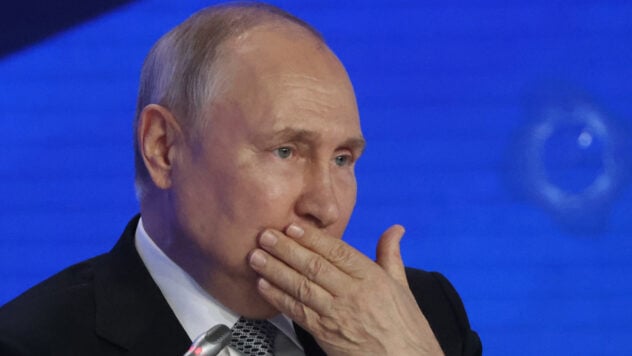
Russian dictator Vladimir Putin has expressed concern about how lower oil prices will affect Russia's domestic stability and its ability to wage war in Ukraine.
The Institute for the Study of War (ISW) has analyzed Putin's response to US President Donald Trump's calls for OPEC countries to lower oil prices to help end Russia's war against Ukraine.
Putin's response to Trump's calls to lower oil prices
— Putin responded to Trump during a Jan. 24 interview, saying that Russia and the U.S. are both major producers and consumers of oil, and that “too high prices — are bad for both the U.S. and Russian economies, — analysts say.
Now watching
At the same time, he said, Russian and U.S. industries are dependent on energy resources, and “too low prices” allegedly “will undermine investment opportunities for energy companies”.
ISW believes that Putin was trying to portray the more modern and diversified US economy as functioning like Russia's economy, which is heavily dependent on energy exports.
— Falling oil prices will reduce Russia's federal budget revenues and risk destabilizing the Russian regime, and will reduce Russia's share of the global oil market and its economic influence on the world stage, — the report says.
Analysts also believe that Putin's emphasis on the need to hold down prices for the sake of energy company investment demonstrates his attempts to please his inner circle, which has interests in the energy sector.
— Putin's attempt to portray lower oil prices as contrary to U.S. interests shows that he fears the harm such a policy could cause Russia and is trying to persuade Trump to abandon these proposals, without giving in to Trump's insistence on meaningful talks to end the war, — analysts say.
U.S. President Donald Trump asked Saudi Arabia and OPEC to lower oil prices during a speech at the Davos forum. He believes that this would immediately end the war in Ukraine.

